IAHS News
IAHS 2017 Scientific Assembly - Abstract Submission
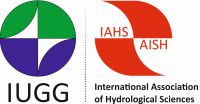 |
IAHS 2017 SCIENTIFIC ASSEMBLY 10 – 14 JULY 2017 Port Elizabeth, South Africa |
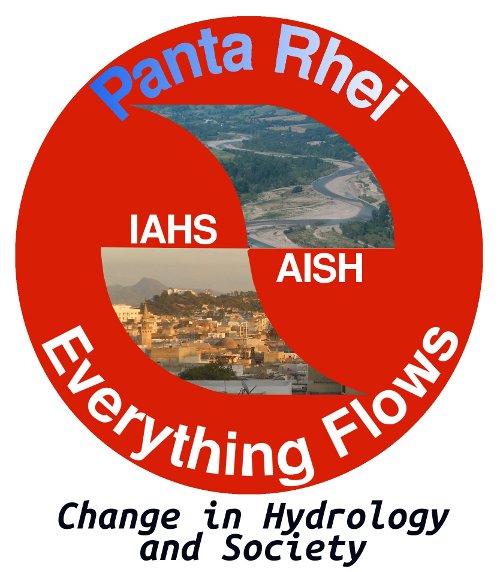 |
"Water and Development: scientific challenges in addressing societal issues”
The submission deadline for all sessions is now 14th February 2017.
Please note that the PIAHS volumes (Sessions 1 & 16) will now be post-published.
Abstract submission and registration have opened on the conference website: http://meetings.copernicus.org/iahs2017/contribution_management/how_to_submit.html
Please visit our website for detailed information of the conference session program (http://cwrr.ukzn.ac.za/iahs/location), local transport and accommodation information.
IAHS 2017 Scientific Assembly Abstract Submission Reminder
 |
IAHS 2017 SCIENTIFIC ASSEMBLY 10 – 14 JULY 2017 PORT ELIZABETH, SOUTH AFRICA |
 |
"WATER AND DEVELOPMENT: SCIENTIFIC CHALLENGES IN ADDRESSING SOCIETAL ISSUES”
THERE IS NOW JUST 1 MORE WEEK AVAILABLE TO SUBMIT YOUR ABSTRACT FOR SESSIONS 1 & 16 WHICH WILL BE PUBLISHED AS PIAHS VOLUMES.#1 Water security and the food-water-energy nexus: drivers, responses and feedbacks at local to global scales
#16 Water quality and sediment transport issues in surface water
Abstract Submission deadline for Sessions 1 & 16 is 15 December 2016.
Submission deadline for all other sessions is 14 February 2017.
Conference Website
Organisers Denis Hughes and Graham Jewitt
Panta Rhei at EGU 2017

The deadline for EGU 2017 abstract submissions is 11 Jan 2017, and many sessions are being organized through the Panta Rhei IAHS decade. We hope you will consider submitting your abstract to one of these sessions: we have an overarching Panta Rhei session “HS1.2 Hydrology, society and environmental change” and 6 sessions organized by our working groups. Brief introductions to all the sessions are given below.
We also provide an early announcement of the 2nd “Panta Rhei Day” workshop on 23 April at TU Vienna (the Sunday just prior to EGU). This workshop will contain a mix of invited talks and interactive activities, following the format of last year’s successful workshop. Please put it in your diaries, further information to follow.
See you at EGU!
Hilary McMillan, Panta Rhei Chair 2015-2017
Panta Rhei Sessions at EGU
Panta Rhei at AGU 2016 Fall Meeting
HydroEco Conference 2017 - 2nd Circular

 |
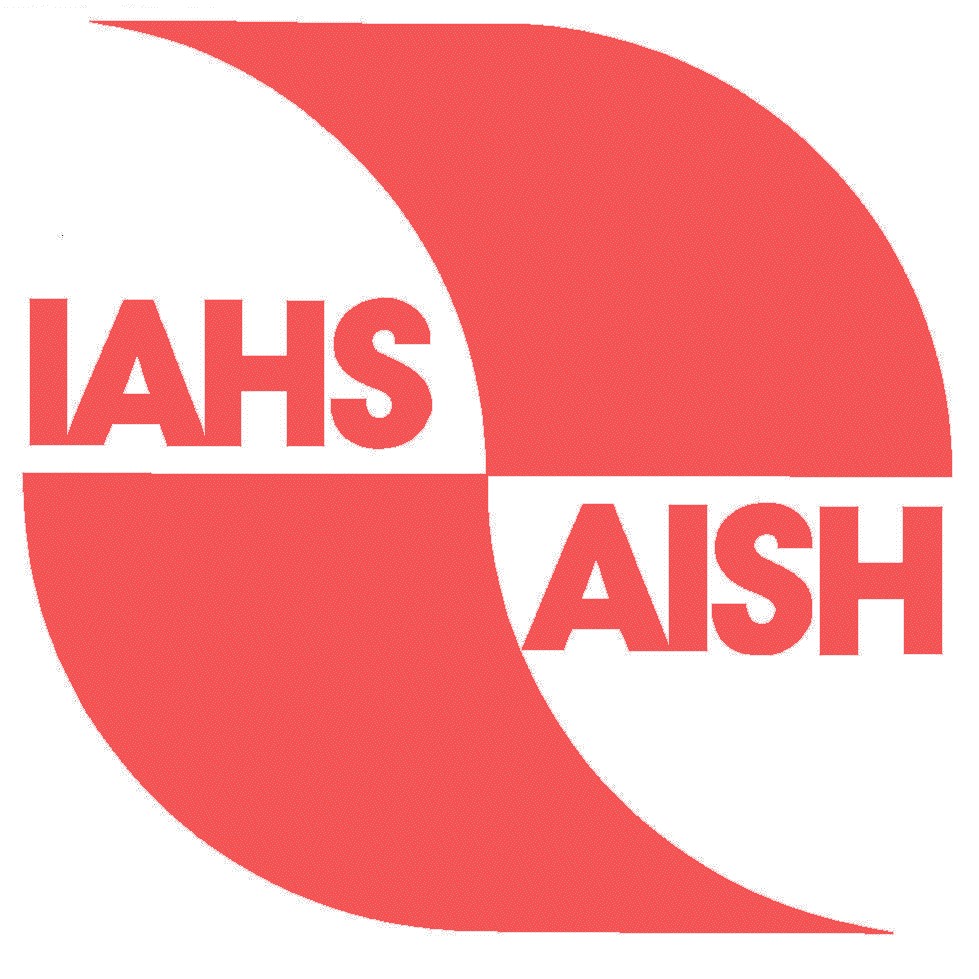 |
Dear colleagues,
We would like to invite you to:
HydroEco 2017, the 7th International Multidisciplinary Conference on: Hydrology and Ecology.
HydroEco 2017 will take place at the University of Birmingham, United Kingdom from 18-23 June 2017.
The theme of the HydroEco2017 conference will be:
“Ecohydrology on the edge: ecology-hydrology-human interactions in a changing world”
The aims of the 2017 conference are:
· To present new concepts and theory on interactions between hydrology and ecology
· To discuss innovative experimental technologies and modelling approaches at the interface between hydrology and ecology
· To stimulate interdisciplinary interactions between hydrologists, ecologists, environmental scientists and practitioners
· To inform about emerging trends in ecohydrological practice, management and decision making
Confirmed keynote speakers include:
· Keith Smetten, University of Western Australia
· Nancy Grimm, Arizona State University
· Hjalmar Laudon, Swedish University of Agricultural Science
· Jeff McDonnell, University of Sasketchewan
· Laurel Larsen, UC Berkely
· Chris Soulsby, University of Aberdeen
· Glenn Watts, Environment Agency
· Michael McClain, UNESCO-IHE
· Steven Loheide, University of Wisconsin
· Angela Gurnell, Queen Mary University of London
· Merritt Turetsky, University of Guelph
Abstract submission and registration have opened now on the conference website: http://www.birmingham.ac.uk/generic/hydroeco2017/index.aspx
Please visit our website for detailed information of the conference session program (http://www.birmingham.ac.uk/generic/hydroeco2017/about/Conference-Themes-and-Topics.aspx) , local transport and accommodation information.
We are looking forward to welcome you to this exciting conference in Birmingham next year.
Best regards
Stefan Krause (on behalf of the organizing committee)
---------------------------------------------
Prof. Dr. Stefan Krause
Chair of Ecohydrology and Biogeochemistry
School of Geography, Earth and Environmental Sciences
University of Birmingham,
Birmingham, Edgbaston
B15 2TT, UK
phone: (+44) 0121 4145535
IAHS 2017 Scientific Assembly - Abstract Deadline reminder
 |
IAHS 2017 SCIENTIFIC ASSEMBLY 10 – 14 JULY 2017 PORT ELIZABETH, SOUTH AFRICA "WATER AND DEVELOPMENT: SCIENTIFIC CHALLENGES IN ADDRESSING SOCIETAL ISSUES” |
 |
There are now just 3 more weeks available to submit your abstracts for sessions 1 & 16 which will be published as PIAHS volumes.
Conference Fees
Early Bird (Until April 30, 2017) - Euro 450
After May 1, 2017 (including on-site) - Euro 480
Abstract submission fee - Euro 37
Abstract Submission deadline for Sessions 1 & 16 is 15 December 2016. Submission deadline for all other sessions is 14 February 2017.
There is no day registration.
Students and young scientists from southern Africa can apply for sponsorship when they submit an abstract. Follow the normal process on the abstract submission page and tick the relevant boxes.
Conference Website - Sessions 1 & 16 will be published as online open access PIAHS publications.
Organisers Denis Hughes and Graham Jewitt
Reminder - 2017 International Hydrology Prize nominations due by 31st December 2016
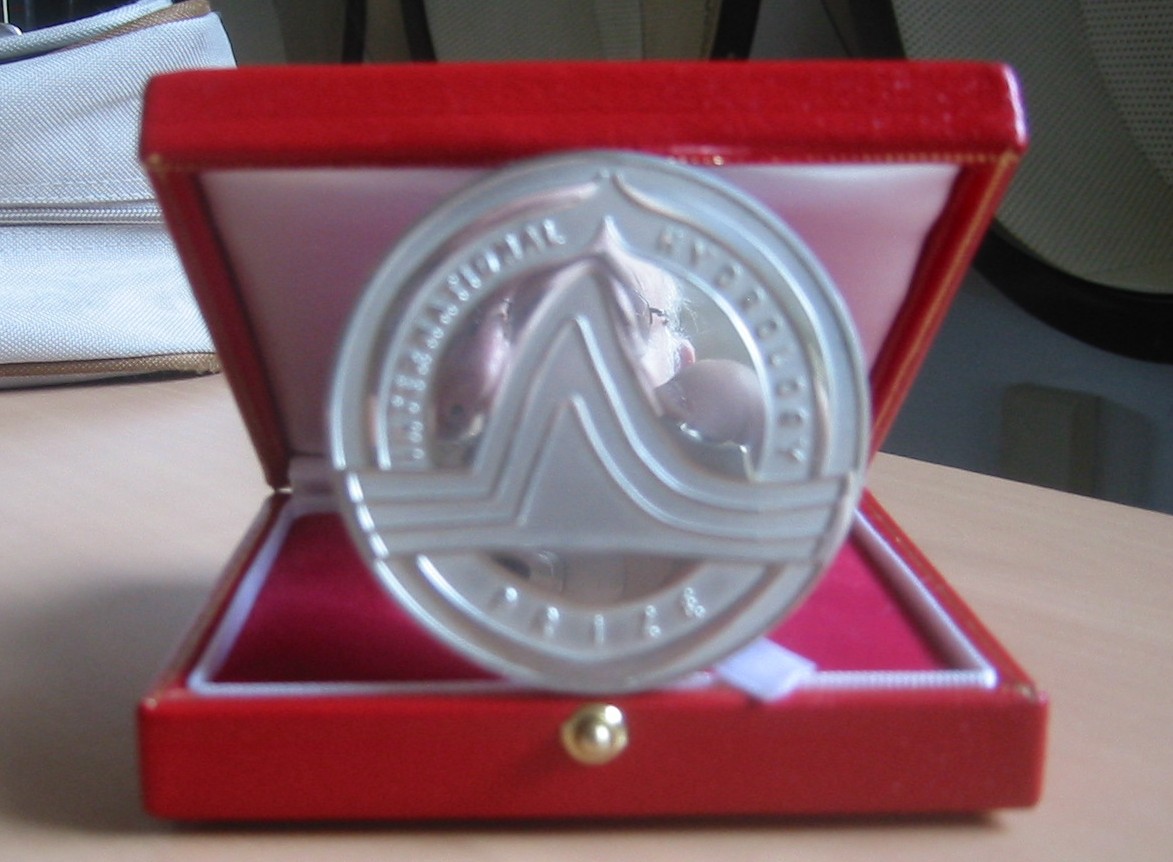
Two medals are awarded under the International Hydrology Prize: the Dooge medal and the Volker medal. Both medals are intended to distinguish outstanding achievements by hydrological scientists but with a different focus. The Dooge medal is aimed at fundamental contributions to the science of hydrology, whereas the Volker medal is aimed at outstanding applications of hydrological science for the benefit of society at large.
For full details read the September 2016 news article http://iahs.info/News.do?news_id=183
Nominations should be received by the Secretary General of IAHS no later than 31 December 2016 – Christophe Cudennec at [email protected]
International Workshop on Hydrological Knowledge Innovation and its Practices in Developing Countries
The workshop aims to bring together scientists from worldwide (in particular from developing countries) and various disciplines that share a common interest in addressing the challenges of understanding and managing the hydrological systems knowledge. The four main objectives for this workshop:
- Understand major water challenges in coupled nature-human systems;
- Demonstrate current hydrological knowledge of models, tools and case studies to deal with water problems;
- Identify demand for hydrological innovation to meet the grand water challenges in different regions;
- Develop a multi-national and multi-disciplinary cooperation framework and statement to provide capacity building, monitoring equipment, remote sensing techniques, and free software packages for developing countries, and to expand Panta Rhei as well as IAHS through establishing national committees and regional networks and increasing members in these counties.
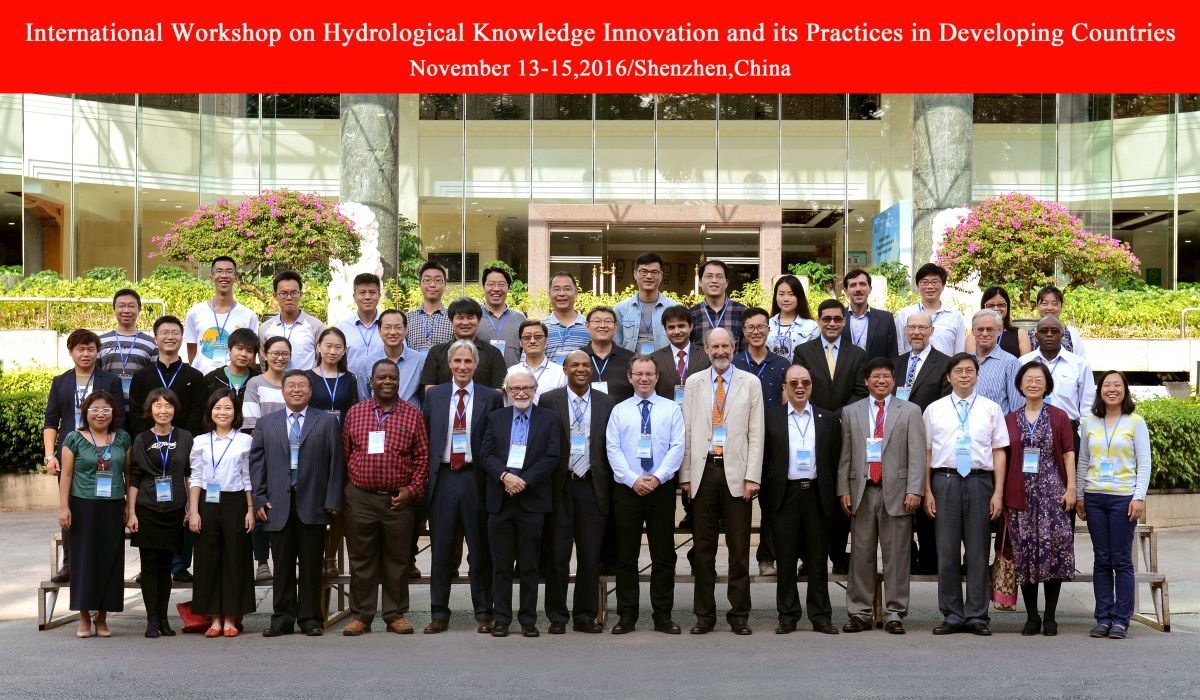
IAHS 2017 SCIENTIFIC ASSEMBLY
 |
 |
IAHS 2017 SCIENTIFIC ASSEMBLY
10 – 14 JULY 2017
PORT ELIZABETH, SOUTH AFRICA
"WATER AND DEVELOPMENT: SCIENTIFIC CHALLENGES IN ADDRESSING SOCIETAL ISSUES”
Papers from the following two sessions will be published as PIAHS volumes:
#16 Water quality and sediment transport issues in surface water
Submission of abstracts for the various symposia and workshops is now open.
Conference Fees
Early Bird (up to April 30, 2017) - Euro 450
After May 1, 2017 - Euro 480
Abstract Submission fee - Euro 37
Students and young scientists from southern Africa can apply for sponsorship when they submit an abstract.
Abstract Submission Deadline: Thursday 15th December 2016
Organisers Denis Hughes and Graham Jewitt
IAHS Scientific Assembly July 10-14, 2017 - Port Elizabeth, South Africa
|
|
IAHS 2017 SCIENTIFIC ASSEMBLY10 – 14 JULY 2017Port Elizabeth, South Africa"Water and Development: scientific challenges in addressing societal issues” |
|
The South African National Committee of the International Association of Hydrological Scientists (SANCIAHS) invites you to participate in the 2017 IAHS Scientific Assembly to be held from July 10-14 in Port Elizabeth, South Africa.
The theme of the meeting is "Water and Development: scientific challenges in addressing societal issues” which is particularly appropriate in the context of an IAHS Scientific Assembly meeting being held for the first time in sub-Saharan Africa and is well aligned with the IAHS Panta Rhei.
The scientific programme will cover the following topics. Abstract submission will soon be open.
# Water security and the food-water-energy nexus: drivers, responses and feedbacks at local to global scales
# Hydrology and the Anthropocene
# Understanding spatio-temporal variability of water resources and the implications for IWRM in the semi-arid east and southern Africa
# Water Balance and Crop Water Productivity in Sub-Saharan Africa Agricultural Watersheds
# Land use change impacts on water resources
# Water resources management and the competition/balance between humans and ecosystems (eco-hydrology)
# Measurements in the 21st century: innovation in hydrological observations
# Environmental and artificial tracers as indicators in hydrology
# Innovative ICT tools for water management and science
# Prediction in ungauged basins
# Modelling hydrological processes for prediction under change
# Probabilistic forecasts and land-atmosphere interactions to advance hydrological predictions
# Extreme events: links between science and practice
# Advances in cold-region hydrological models: Integration of process understanding and application to climate and landcover changes
# Operational snowmelt runoff modelling: Advances and prospects for water management
# Water quality and sediment transport issues in surface water
# Long-term evolution in catchment water quality
# Changing biogeochemistry of aquatic systems in the Anthropocene: inter-comparison of data and models for predicting water quality
# Advancements in modeling and characterization of aquifer
# Methodologies for risk assessment of groundwater contamination
# Quantifying uncertainty in hydrological systems: A Bayesian point of view
# Nonstationarity in Hydrology: Theories, Methods and Applications
# Multivariate statistics for hydrological application
# Stochastic hydrology: simulation and disaggregation models
# Graduate Schools in Water Sciences
# Facilitating Scientific contributions in water diplomacy and cooperation processes
Further information is available on the website: http://cwrr.ukzn.ac.za/iahs/call-for-papers/iahs-2017-in-south-africa---invitation
INTERNATIONAL HYDROMETRY WORKSHOP
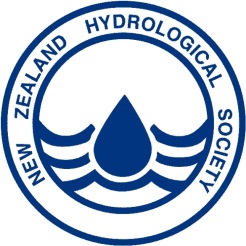
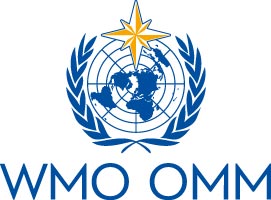
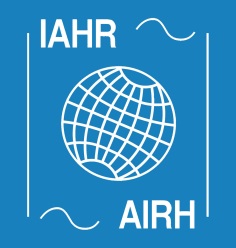
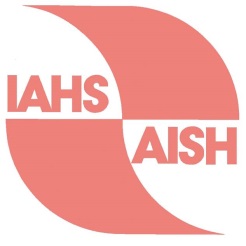
NZHS/WMO/IAHR/IAHS
are pleased to present
INTERNATIONAL HYDROMETRY WORKSHOP
RECENT ADVANCES IN TECHNOLOGY AND UNCERTAINTY ANALYSIS
The WMO/IAHR/IAHS International Hydrometry Workshop on recent advances in technology and uncertainty analysis will be held in Queenstown, New Zealand on Monday 28 November 2016 as a workshop of the 56th New Zealand Hydrological Society & 37th Australian Hydrology and Water Resources Symposium joint conference. Lecturers from New Zealand, Japan, Korea, and France will present and discuss on recent advances in stream gauging techniques, air-borne measurements and uncertainty computations.
WHERE: Copthorne Hotel, Queenstown, NEW ZEALAND
WHEN: MONDAY, NOVEMBER 28, 2016 9:00 am - 5:00 pm
COST: $50
REGISTRATIONS: http://nzhs2016.cloudaccess.host/programme/workshops.html
